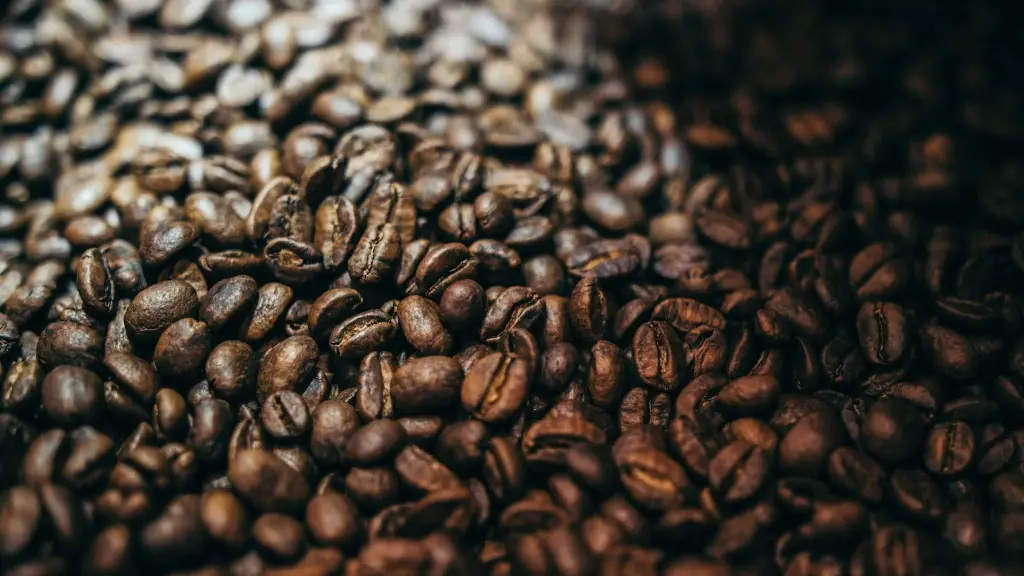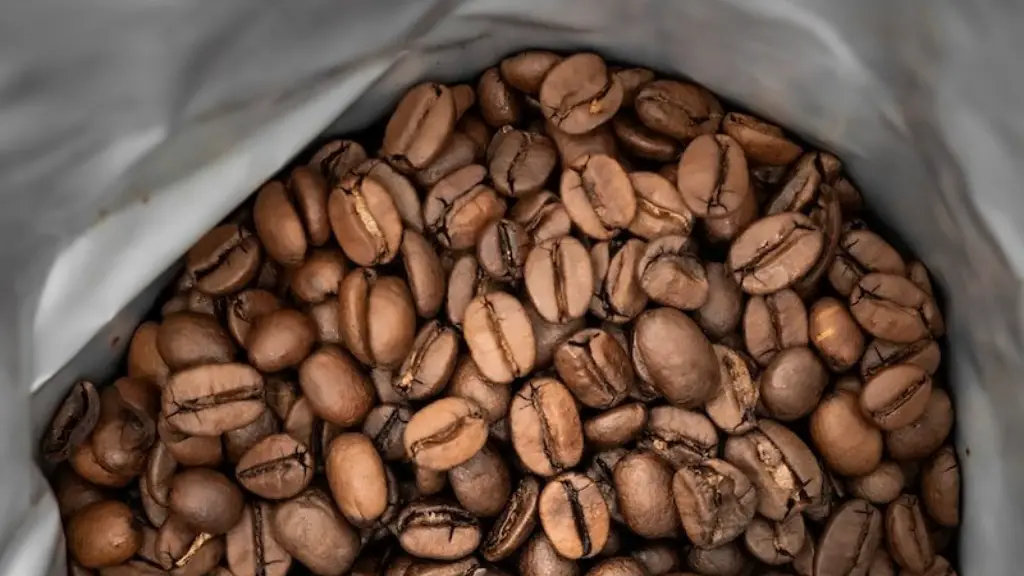Can you drink coffee 3 days after tooth extraction? This topical question has been under debate for years, and the answer is more complicated than a simple yes or no.
More and more people are having teeth extracted, whether it’s due to cavities, gum diseases, or overcrowding, and finding themselves in the difficult position of not being able to enjoy their daily dose of caffeine. Although many people find it difficult to go without their usual cup of coffee, some dental professionals argue that drinking coffee too soon after a tooth extraction may slow down the healing process and cause complications.
Most dentists advise patients to avoid drinking coffee for at least 24 to 48 hours following the extraction. This is to reduce the risk of the site bleeding and the introduction of germs from the coffee into the wound, which could increase the risk of infection. However, for most dental procedures, including complex extractions, it’s safe to consume coffee after just three days.
In comparison, steaming hot coffee may be too hot for the wound, and it’s strongly recommended that you opt for cool drinks instead. Alternatively, you could also opt for cold brew coffee, as this is served at a cooler temperature than regular coffee.
It’s also important to ensure that you don’t suck the coffee through a straw and avoid swishing it around your mouth, which could disturb the clot formed in the original extraction site. While these simple measures reduce the risk of infection and the potential for further bleeding, it’s important to bear in mind that everyone’s dental situation is different.
Dentists typically make recommendations based on the individual’s particular circumstances, and they may determine that an individual’s condition requires more time to heal before they can safely drink coffee again. Therefore, it’s always advisable to check with your dentist before consuming coffee after a tooth extraction.
Risk Associated with Drinking Coffee After Tooth Extraction
Coffee has always been associated with health benefits, from alertness and energy to memory boosting and anticancer properties. However, when consumed too soon after a tooth extraction it may delay the healing process and increase the risk of infection and other complications. This is because some studies have found that coffee can interfere with certain painkillers, and can also cause bleeding in the wound.
In addition, some of the components present in coffee, such as sugar and caffeine, can lead to dry socket, a painful condition that can develop after a tooth extraction. This is caused by the loss of the blood clot in the extraction site, and it can lead to prolonged healing times as well as infection. Therefore, it is important to consume coffee in moderation, and to limit your intake after a dental extraction.
Alternative Methods of Pain Relief
For stays of pain relief after a tooth extraction, many people switch to alternative methods, such as the use of ice packs or taking over-the-counter painkillers. Taking over-the-counter painkillers should be done with caution, as they can have adverse effects when taken in large doses. It is also important to ensure that you do not take painkillers with caffeine as this can interfere with their effectiveness.
Ice packs are considered a safer alternative, as they can reduce swelling, a common side effect following oral surgery. Heat therapy is also another option, which can aid in the recovery process. Alternatively, some people may choose to use locally applied numbing agents, such as topical anesthetics and numbing gels, to reduce discomfort.
For those who don’t want to take any chances with their oral health, drinking herbal teas and decaffeinated coffee is highly recommended as a safe alternative. This can provide the same energizing effect without the risk of interference with your body’s ability to heal.
The Impact of Caffeine on Oral Health
Drinking coffee can have a positive effect on the oral health of individuals who take good care of their teeth and gums. Coffee is rich in antioxidants which can help protect the teeth from decay. In addition, coffee is known to reduce bad breath and reduce the risk of developing periodontal disease.
However, it’s important to note that over-consumption of coffee can have adverse effects on the teeth and gums. Too much caffeine can lead to plaque build up, which can damage the enamel and cause cavities. Drinking coffee too late in the day can also reduce the quality and quantity of sleep, which is known to be an important factor in the maintenance of oral health.
General Oral Health Tips
With regards to oral health, it is important to maintain good oral hygiene and to visit a dentist and hygienist regularly. Brush your teeth twice a day with fluoride toothpaste, floss daily and use mouthwash. You can also avoid foods and drinks that are high in sugar, such as candy, soda and energy drinks.
Choosing the right toothbrush is also important for maintaining oral hygiene. Use a soft-bristled toothbrush and change it regularly, ideally every three to four months. If you have braces, use a toothbrush with a small head and bristles that can easily reach between the wires, brackets and teeth.
Conclusion
It’s safe to drink coffee after tooth extraction as long as it’s done with caution and moderation. Drinking cold brew coffee and avoiding hot coffee is recommended, as is skipping the sugar and avoiding the use of straws. When in doubt, consult with a dentist to get their opinion on when it’s safe to start consuming coffee again.




